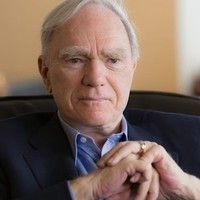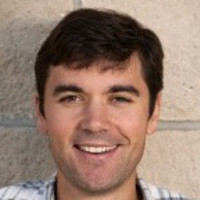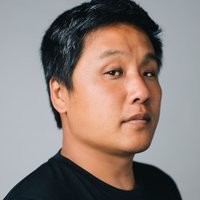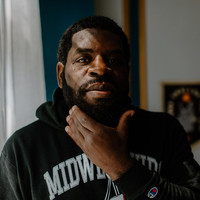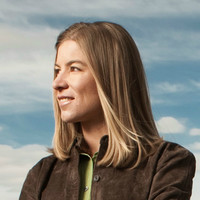Robert McKee is an author and screenwriting lecturer. His new book is Character: The Art of Role and Cast Design for Page, Stage, and Screen.
”When I'm in conversation with others, I'm always aware—or sensitive, at least—to what they're really thinking and feeling. And writers must have that. They can't possibly create excellent nonfiction or fiction if they're not aware of what is going on inside of other people, really, even subconsciously, while they go about saying whatever they do consciously in the world. Because if you just recorded the surface, if you were just paying attention to the surface, you'd be missing the whole show.”
Thanks to Mailchimp for sponsoring this week's episode.
